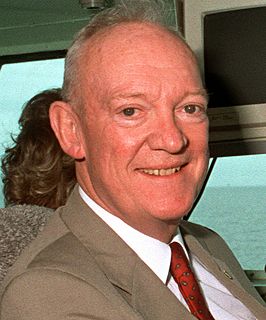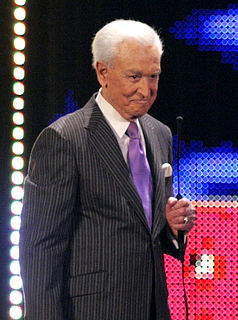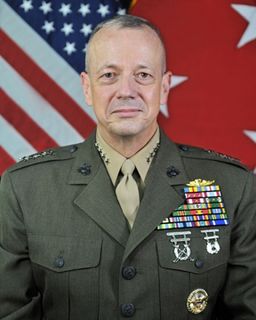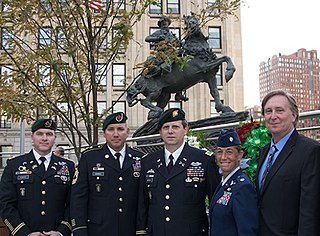A Quote by Michael Hastings
One of their major initiatives was getting all officers on Facebook. So the question is, why are these people who are there to train the Afghans being pressured to be on Facebook? Again, it sounds benign until you realize that the military's concern isn't the Afghans, it's convincing the American people that we should be in Afghanistan.Soldiers can put up pictures and say "See how happy the Afghans are because of our presence here." It's a way to directly influence the American people using propaganda.
Quote Topics
Related Quotes
The problem right now, which I've been pointing out very bluntly to American officials in Washington, is that the U.S. has no economic presence in Afghanistan. The Afghans can't point and say, "Oh, the Americans built that road. They built that telecommunications facility. They built that electricity powerhouse," because nothing has been built so far.
The ongoing war in Afghanistan is being imposed on us, and Afghans are being sacrificed in it for someone else's interests. We are not blocking the interests of the United States or other major powers. But we are demanding that if you consider Afghanistan the place from which to advance your interests, then you should also pay attention to Afghanistan's interests.
We're pursuing a strategic partnership with Afghanistan on the case of the United States and Afghanistan where we're going to push toward a future. It is the future that the Afghans desire with the United States. It is a future that the Afghans desire with the international community and we desire that as well.
Despite all the dire predictions made in 2001, the Afghans have given the international community, its aid workers and soldiers a large window of opportunity to repair the damage done by 25 years of war. That window, which has stayed open for nearly five years, with amazing good will from the Afghans, is threatening to close unless the world wakes up and deals with the crisis.
I really have to thank Facebook ... I didn't know what Facebook was, and now that I do know what it is, I have to say, it sounds like a huge waste of time. I would never say the people on it are losers, but that's only because I'm polite. People say 'But Betty, Facebook is a great way to connect with old friends.' Well at my age, if I wanna connect with old friends, I need a Ouija Board. Needless to say, we didn't have Facebook when I was growing up. We had phonebook, but you wouldn't waste an afternoon with it.
In media coverage of the war, Afghans are often characterized as corrupt and deceitful. There has certainly been plenty of corruption and deceit in this conflict, but why? What inspires these behaviors? In 'Green on Blue,' I wanted to render a world that is often overlooked: that of the average Afghans who are helping America wage its war.
































